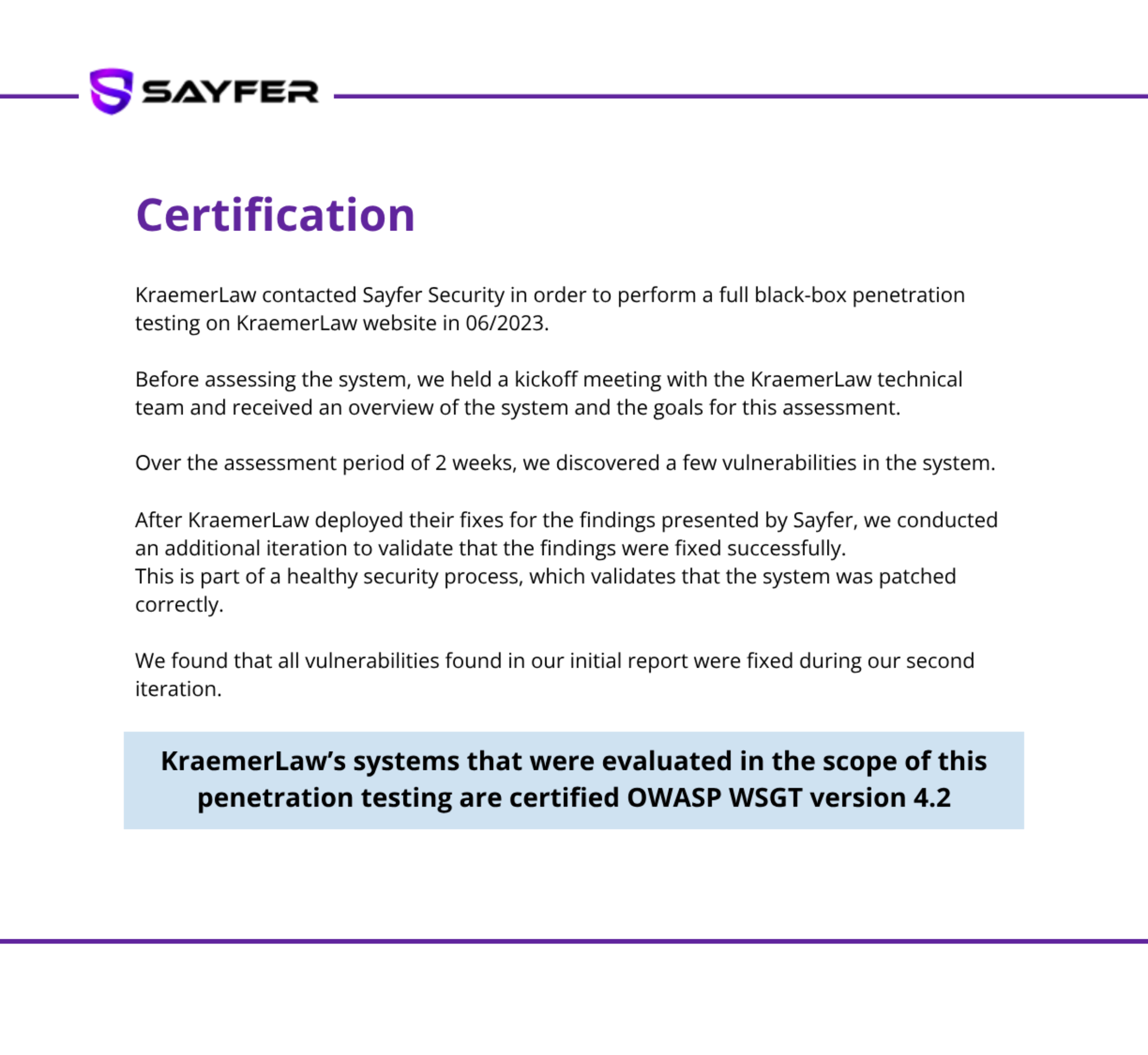Offshore limited liability companies (LLCs) have gained great popularity as an option for entrepreneurs and investors planning tax efficiency, asset protection, and operational adaptability. Jurisdictions with favorable policies provide access to financial opportunities otherwise unavailable in their home countries. In this article, we will describe what offshore LLCs are, their benefits, and the steps to set one up.
What Is an Offshore LLC?
An offshore limited liability company is a legal structure formed in a jurisdiction different from where its owners reside.These entities are often used for estate planning and international trade. The main advantages are the fiscal benefits and the liability protection that allows holders to preserve their personal wealth and keep it separate from business risks.
For example, a Panama LLC provides tax efficiency and convenience for its members. Income generated outside Panama is tax-free, a reason businesses opt for offshore incorporation. Also, the liability of the partners is limited to the capital contributed, which can be represented in any currency and does not require an initial disbursement.
According to the OECD, these tax benefits have been useful for jurisdictions that stimulate the attraction of foreign investment, as well as reducing the multinationals’ fiscal burdens.
Limited Liability Companies vs. Other Legal Entities
In Panama there are some types of legal structures that offer protection and tax benefits. However, each one has different characteristics that adjust to the needs of the companies. Following is a comparison of foundations and IBC vs LLC.
| Aspect | International Business Companies (IBCs) | Offshore Limited Liability Companies (LLCs) | Foundations |
|---|---|---|---|
| Primary Use |
Mainly for trading or holding capital internationally. | Asset management, estate and investment planning. | Patrimony preservation and administration in the interest of the beneficiaries. |
| Protection | Personal resources are generally protected from the company’s debts and legal obligations. | Strong liability protection for members’ personal wealth. | Provides asset protection from creditors. |
| Legal Frameworks |
Governed by older corporate laws in most jurisdictions. | Modern legal frameworks allow for greater operational adaptability. | Regulated by foundation laws, with the board obliged to act in the interest of the beneficiaries. |
| Privacy | High confidentiality; no public disclosure of ownership in most cases. | Anonymity is often a relevant feature in many offshore jurisdictions. | Foundation agreements are private, and details are rarely disclosed publicly. |
| Principal Advantage |
Best for international trading with low administrative needs. | Versatile structure with benefits in asset protection and tax planning. | Ideal for long-term estate and wealth management. |
The Biggest Benefits of Offshore Limited Liability Companies
Favorable Taxation
Depending on the jurisdiction, offshore limited liability companies can enjoy minimal to no corporate income tax, exemption from capital gains impost, and avoidance of withholding fiscal obligations on dividends. For example, a Panama LLC pays no tax on profits earned abroad.


Asset Protection
The use of an LLC for asset protection is common due to favorable laws in certain jurisdictions that defend wealth from foreign judgments. One such policy is “fraudulent transfer” statutes, which establish specific time limits for challenging the transfer to the LLC. If the creditor does not prove that the act was done with fraudulent intent within that period, the assets are out of their reach.
This makes offshore limited liability companies an excellent choice for individuals looking for protection from creditor claims and security against unforeseen legal challenges.
Other Benefits of an Offshore LLC
In addition to tax benefits and asset security, offshore limited liability companies offer:
- Disclosure: In compliance with international transparency standards, some jurisdictions make partner information of these companies public.
- Banking access: Offshore LLCs often provide facilitated access to offshore banking, allowing for multi-currency accounts and making easier global transactions.
- Adaptability: In the case of Panamanian LLCs, they have the ability to convert into a Corporation, and vice versa.
Potential Issues with an Offshore LLC
Although offshore limited liability companies offer numerous advantages, they also have potential drawbacks:
- Foreign regulatory Compliance: Though some jurisdictions have favorable legislation, it is important to comply with home country regulations. As an illustration, U.S. citizens must adhere to laws like the Foreign Account Tax Compliance Act (FATCA), which requires reporting of abroad-held assets.
- Costs: Setting up and maintaining an offshore limited liability company can be more expensive than a domestic alternative. It is important to keep in mind that the costs of incorporating an LLC include notary, registration and minimum share capital fees. For example, the annual government rate in some jurisdictions exceeds $1,000.
- Perception Issues: Offshore LLC incorporation is entirely legal, but it is sometimes misconstrued as tax evasion. Transparent operations and proper documentation are important to combat these misconceptions.
How To Open an LLC at an Offshore Destination

To create an offshore limited liability company requires a series of steps that may vary depending on the jurisdiction. Here are the most common points in the formation of an LLC:
- Choose a Jurisdiction: Popular destinations include Panama, the Cook Islands, and Nevis. Each offers unique tax benefits and legal protections, so it’s important to align the country with your business objectives.
- Prepare Documentation: Most jurisdictions require basic information, such as the company name, details of its members, and a registered local agent. For example, a Panama LLC requires two or more partners who may formalize a social pact, which must be inscribed in the Public Registry.
- Open a Bank Account: Establishing an account in a reputable jurisdiction provides access to offshore banking services. These accounts support multi-currency transactions and often come with lower fees than domestic banks.
- Follow With Local Laws: Stay informed about annual filing fees, licensing requirements, and any local obligations to avoid penalties.
Get help from Kraemer & Kraemer with your LLC formation
Offshore limited liability companies are useful tools for individuals and businesses looking for tax efficiency, asset protection and operational simplicity. Jurisdictions such as Panama, with its recognized tax framework, offer an environment propitious for structuring international business.
At Kraemer & Kraemer,we provide personalized advice and solutions that are suited to your specific needs and enable you to achieve your financial goals. Contact us to analyze how an offshore LLC can promote your business strategy.







